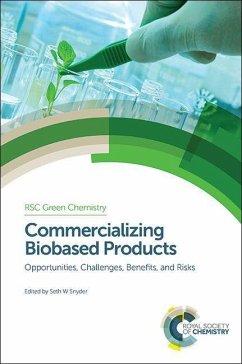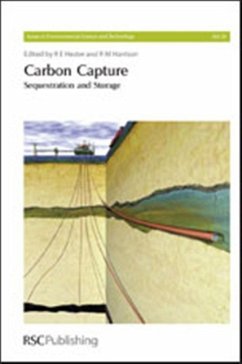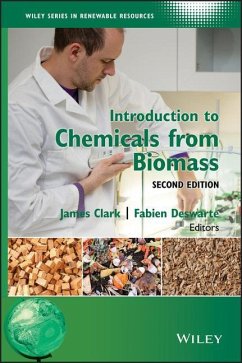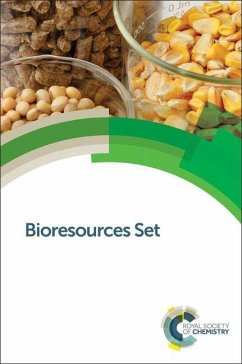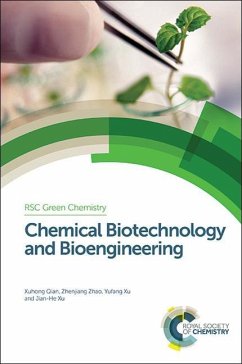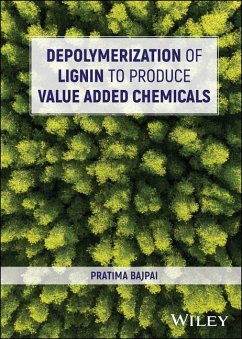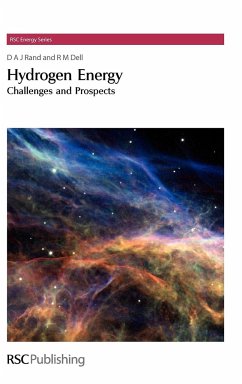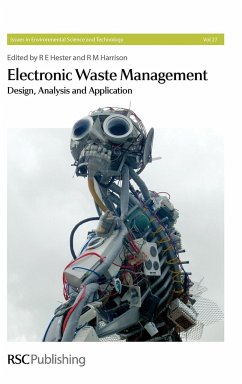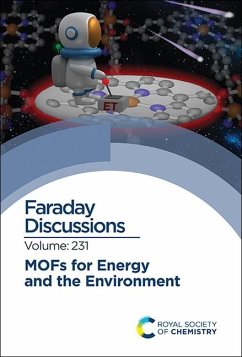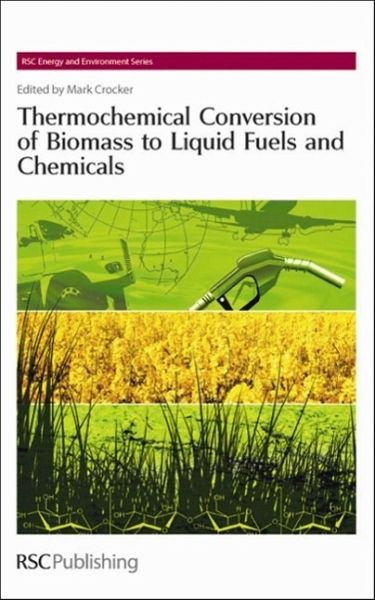
Thermochemical Conversion of Biomass to Liquid Fuels and Chemicals
Versandkostenfrei!
Versandfertig in über 4 Wochen
175,99 €
inkl. MwSt.

PAYBACK Punkte
88 °P sammeln!
There is increasing recognition that low-cost, high capacity processes for the conversion of biomass into fuels and chemicals are essential for expanding the utilization of carbon neutral processes, reducing dependency on fossil fuel resources, and increasing rural income. While much attention has focused on the use of biomass to produce ethanol via fermentation, high capacity processes are also required for the production of hydrocarbon fuels and chemicals from lignocellulosic biomass. In this context, this book provides an up-to-date overview of the thermochemical methods available for bioma...
There is increasing recognition that low-cost, high capacity processes for the conversion of biomass into fuels and chemicals are essential for expanding the utilization of carbon neutral processes, reducing dependency on fossil fuel resources, and increasing rural income. While much attention has focused on the use of biomass to produce ethanol via fermentation, high capacity processes are also required for the production of hydrocarbon fuels and chemicals from lignocellulosic biomass. In this context, this book provides an up-to-date overview of the thermochemical methods available for biomass conversion to liquid fuels and chemicals. In addition to traditional conversion technologies such as fast pyrolysis, new developments are considered, including catalytic routes for the production of liquid fuels from carbohydrates and the use of ionic liquids for lignocellulose utilization. Written by a team of international experts this book will be an essential reference for advanced and postgraduate level students, chemical and biological engineers, energy researchers, agricultural and environmental scientists from academia, industry and government.





